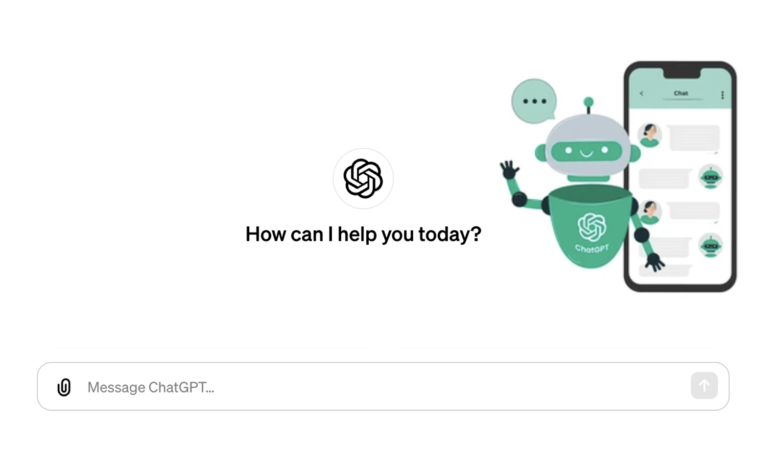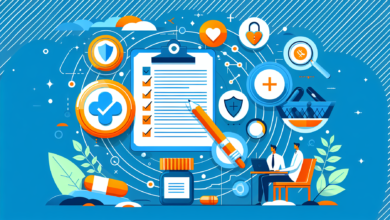Revolutionizing Patient Education: 5 Groundbreaking Impacts of GPTs in Healthcare

The integration of Generative Pre-trained Transformers (GPTs) into the healthcare sector is poised to revolutionize patient education, heralding a new era of personalized and accessible health information. In this blog post, we will explore five key impacts of GPTs on patient education, painting a picture of a future where technology and healthcare harmoniously blend to enhance patient outcomes and experiences.
1. Personalization at Scale
One of the most significant impacts of GPTs in patient education is the ability to offer personalized health information at an unprecedented scale. Unlike traditional methods, GPTs can process a vast array of patient data, including medical history, preferences, and specific conditions, to deliver tailored advice and educational content. This approach ensures that each patient receives information that is not only relevant to their unique health situation but also presented in a manner that resonates with their personal learning style.
- Example: A GPT-powered app could provide diabetic patients with customized dietary recommendations based on their health records, preferences, and lifestyle.
2. Enhancing Accessibility
GPTs have the potential to break down barriers in healthcare education by making information more accessible to diverse populations. Language barriers, literacy levels, and access to healthcare professionals often hinder effective patient education. GPTs, with their advanced natural language processing capabilities, can translate complex medical information into simpler terms and multiple languages, ensuring that no patient is left behind due to linguistic or educational limitations.
- Example: A multilingual GPT system could offer asthma management advice in various languages, catering to a diverse patient population.
3. Interactive Learning Experiences
The interactive nature of GPTs can transform patient education from a passive to an active learning experience. Patients can engage in real-time conversations with GPT-powered interfaces, asking questions and receiving instant feedback. This interaction not only aids in the retention of information but also makes the learning process more engaging and less intimidating.
- Example: Through a GPT-driven chatbot, patients undergoing chemotherapy can ask questions about their treatment and receive immediate, personalized responses.
4. Continuous Learning and Adaptation
GPTs are designed to learn and adapt continuously. In the context of patient education, this means that the educational content can evolve based on new medical research, guidelines, and patient feedback. This ensures that patients always have access to the most current and accurate information, a crucial aspect in fields like oncology or infectious diseases where knowledge rapidly evolves.
- Example: A GPT system could update its educational content on COVID-19 as new research and guidelines emerge, providing patients with the latest information.
5. Empowering Patients and Caregivers
Finally, GPTs empower patients and their caregivers by providing them with the tools and information needed to make informed health decisions. This empowerment leads to increased patient engagement, better compliance with treatment plans, and overall improved health outcomes. Educated patients are more likely to actively participate in their care, ask pertinent questions, and adhere to prescribed treatments.
- Example: Caregivers of Alzheimer’s patients could use a GPT-powered platform to learn about managing daily care challenges and behavioral changes in patients.
In conclusion, the future of GPTs in patient education in the healthcare space is not just promising; it’s transformative. By offering personalized, accessible, interactive, continuously updated, and empowering educational experiences, GPTs are set to redefine how patients and caregivers learn about health and manage conditions. As we embrace this technology, we step into a future where healthcare education is more effective, inclusive, and patient-centered than ever before.





